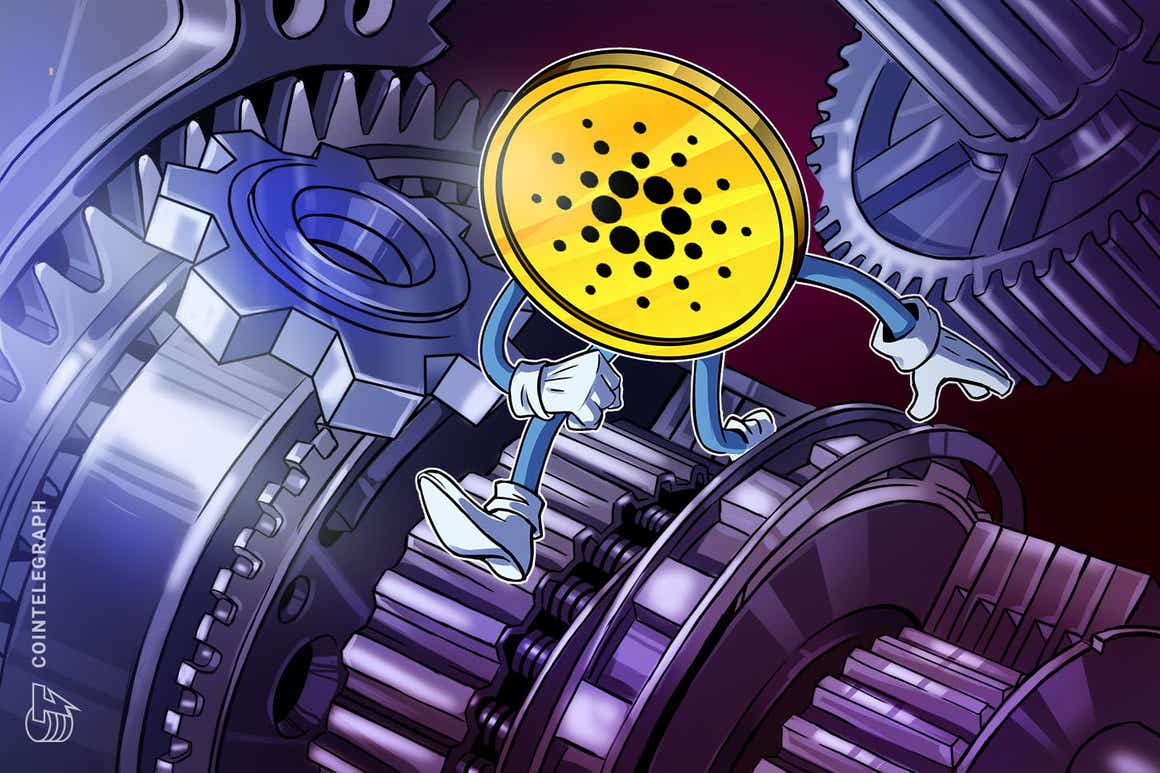In a tweet posted by the Cardano Foundation on Monday, the number of Cardano (ADA) wallets has surpassed the 2 million mark. The network reached the previous milestone of 1 million ADA wallets on May 22, 2021.
During that period, the Cardano Foundation successfully implemented the Alonzo hard fork, enabling smart contracts on its network. Meanwhile, Charles Hoskinson, Cardano’s founder, has shifted his attention to increasing the adoption of blockchain technology in Africa. Via a tweet posted last week, Hoskinson claimed that 5 million students in Ethiopia are on schedule to receive an ID based on the Cardano blockchain for tracking academic performance.
But Cardano’s technological development is also picking up pace post-Alonzo. When asked about progress regarding Cardano’s layer-two scaling solution, Hydra, during an ask-me-anything session on Oct 30, Hoskinson said:
“We are going to keep adding resources to Hydra, and we’ve been trying to identify some teams so we can parallelize the workstream because it’s such a high commercial priority. And it’s going to be very important that we’ll be able to offload a large number of the transaction traffic that’s going to come from all of the apps that are coming.”
Layer-two solutions operate on top of an established protocol to improve network performance. Meanwhile, sharding in the context of Cardano involves channeling transactions off-chain to staking pools, or Hydra Nodes, without partioning the ledger itself. Theoretically, suppose each Hydra Node can process 1,000 transactions per second, and there are 1,000 such nodes. In that case, the entire Cardano network could process up to 1 million transactions per second assuming linear scaling. The project is still undergoing research and development, with no exact launch date.


